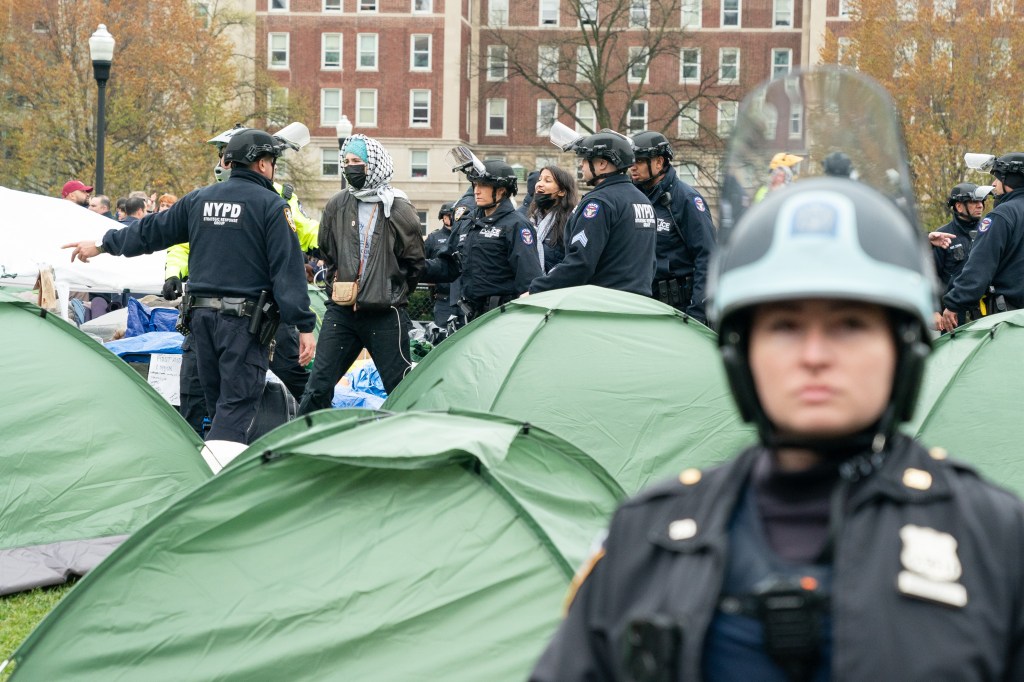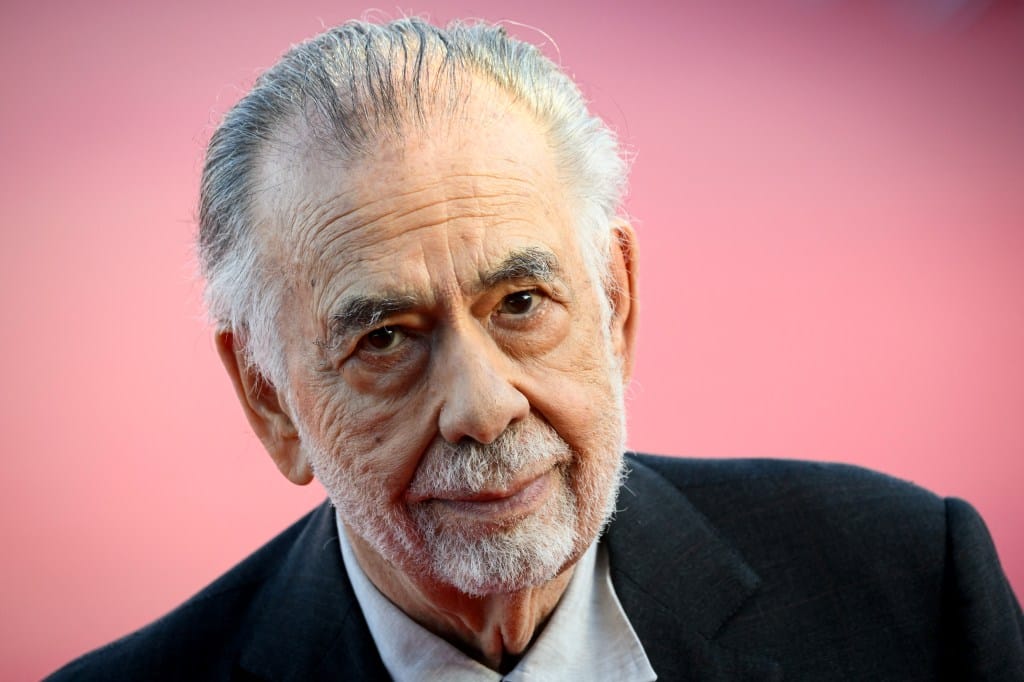
This week, more than 100 Columbia University students were suspended from school and then arrested after erecting an encampment on a campus lawn to, among other things, denounce Israel’s war in Gaza and call for the school to divest from certain Israel-affiliated entities. This move was a betrayal of the principles of free expression that the university purports to hold so dear.
It’s important to be clear about what the university is allowed to do legally and expected to do ethically. No one can reasonably contend that the students weren’t violating university policies; as a private institution, Columbia is not bound by the First Amendment, and was within its rights to ask the NYPD to clear the encampment. The students were warned of the potential consequences, and the encampment was certainly disruptive.
Does that mean that this tough response, which bars students from campus and may imperil their ability to graduate was proper? No. The university has pointed to its interim protest policies, which limit where and when groups can demonstrate in ostensible furtherance of the university’s functioning as, well, a university.
As a standalone principle this makes sense; civil disobedience carries consequences: break what you consider an unjust rule and face the repercussions, from fines to jail to even college suspensions. Columbia also has an interest in balancing student organizing against disruptions that shut down its capacity to operate.
Yet despite this argument and University President Minouche Shafik’s even more dubious assertion, in her letter requesting NYPD intervention, that the demonstration constituted a “clear and present danger to the substantial function of the University,” Columbia has been unable to provide any backing to the notion that this encampment posed any significant threat to operations.
The demonstrators set up on university lawns and, rhetoric aside, there’s no indication they tried to interfere with other students’ ability to get to classes or use campus facilities.
Rather, Shafik seems to be suggesting that the presence of the protesters and the content of their anti-Israel speech was jarring to other students, maybe made them uncomfortable, and this fact necessitated a swift and heavy-handed response. That’s attacking the message, which unless it advocates violence, should be left alone.
The anti-Israel, anti-Zionist stand of the encampers is a wrongheaded political position that this Editorial Board firmly rejects. Yes, Israel has made some mistakes in pursuing Hamas and civilian casualties have been too high, but we would not support most of what these students are pushing for.
Yet a free speech commitment is worth little if it extends only to speech we agree with. It’s hard not to read this as partly an effort to assuage the Republican members of Congress who had the day prior grilled Shafik about campus antisemitism (which does exist) and tried to box her into making the sorts of equivocations that had earlier cost fellow university presidents their jobs.
These are many of the same politicians who have been screaming about campus free speech for years, chastising college administrators for supposedly bowing to the censoriousness of politically left students. Color us unsurprised that many of these figures have whiplashed around so fast as to risk injury. In hoping to please these political opportunists, Columbia has turned its back on its principles.





